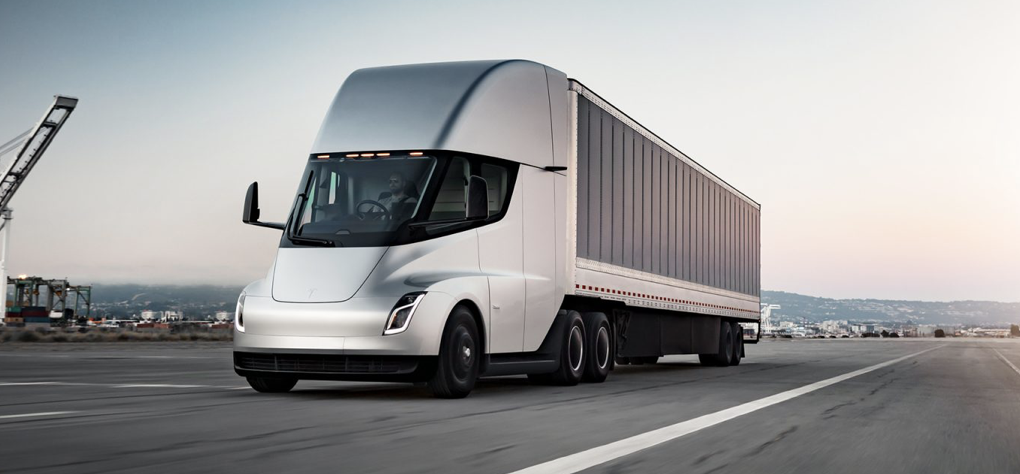Electronic Semi Trucks and Related Commercial Vehicles Appear Imminent Based on Production Status and Finalized Regulations

Electric vehicles (“EVs”) are rapidly growing in popularity all over the world. The International Energy Agency has an annual report that tracks EV sales and global statistics, and the most recent report found that EV “registrations increased by 41% in 2020, despite the pandemic-related worldwide downturn in car sales in which global car sales dropped 16%.”
While small cars and individual EVs are a common feature on American roadways, Electric Semis and Related Long-Haul Trucks are new to the EV scene. The timing for production of Electric Semis has been unclear for several years. In fact, a recent new report revealed that Nikola motors staged and exaggerated several features on an allegedly functional Electric Semi prototype, which resulted in investor fraud charges against the former Nikola CEO.
It finally appears that production of Electronic Semis from Tesla Motors is immanent based on an exclusive and detailed report from Electrek. The report explained that Tesla’s Nevada plant is finalizing a production line for an Electric Semi Truck, the “Class 8 truck,” that will allegedly be capable of hauling full cargo loads for 500 miles on a single battery charge. Another news outlet reported on August 11, 2021 that Tesla is on the cusp of being able to produce five Electric Trucks per week, and those trucks will also include safety technology that Tesla already equips on passenger EVs. While the Class 8 trucks are electric, there is no safe-driving option, but Tesla does claim that the Class 8 is the “safest truck ever” due to “enhanced autopilot” programming to prevent crashes and rollovers.
While there is no precise production date for Electric Semi Trucks, the U.S. Department of Transportation has already updated trucking regulations and created training modules to promote public safety as Electric Semis and related Commercial Vehicles take to the road. In fact, the Federal Motor Carrier Safety Agency (“FMCSA”) created a training module covering regulations and inspection requirements for several types of commercial EVs, including Hybrid, Electric, Battery, and Fuel Cell trucks. Regulations are likely to be updated in the coming years, but the FMCSA anticipated and began a project in 2015 to investigate safety risks and inspection items unique to Electric and Non-Traditional commercial vehicles. The FMCSA remains dedicated to promoting public safety and ensuring effective enforcement and adaption of applicable regulations on all types of Semi Trucks and commercial vehicles—electric or not.
The bottom line is that trucking companies and drivers must comply with all regulations, regardless of whether the truck engine is powered by gasoline or electricity.